
Container gardening has emerged as a popular and rewarding way to bring the beauty of nature into small spaces, balconies, patios, and even indoors. Among the many plants suitable for container gardening, geraniums stand out as vibrant and versatile choices. In this article, we will explore the art of creating a gorgeous container garden by learning what to plant with geraniums.
Geraniums, with their bright and colorful blooms, can serve as the focal point of a container garden. Their long - lasting flowers come in a variety of shades, including red, pink, white, and purple. But to truly make a container garden pop, it's essential to pair geraniums with other complementary plants.
Petunias are an excellent choice to plant alongside geraniums. They come in a wide range of colors, from soft pastels to bold neons. The trumpet - shaped flowers of petunias add a different texture to the container. Their trailing habit can spill over the edges of the container, creating a cascading effect. For example, a combination of red geraniums and purple petunias can create a visually striking contrast. Petunias also thrive in similar growing conditions as geraniums, preferring full sun and well - drained soil.
Marigolds are not only beautiful but also have practical benefits. Their bright orange and yellow flowers add a warm and cheerful touch to the container. Marigolds are known for their ability to repel pests, which can help protect the geraniums. They are also relatively low - maintenance plants. When planted with geraniums, they create a harmonious color palette. For instance, pairing white geraniums with orange marigolds can give a fresh and inviting look to the container garden.
Salvia is a great companion for geraniums. It has tall, spiky flower clusters that add vertical interest to the container. Salvia comes in various colors, such as blue, purple, and red. The upright growth habit of salvia contrasts nicely with the more rounded shape of geraniums. A combination of purple salvia and pink geraniums can create an elegant and sophisticated container display. Salvia also attracts pollinators like bees and butterflies, which can enhance the overall health of the garden.
Verbena is a trailing plant that can be used to fill in the gaps in a container with geraniums. Its small, clustered flowers come in a range of colors, including pink, purple, and white. Verbena has a delicate appearance that softens the look of the container. When planted with geraniums, it can create a more natural and flowing look. For example, a container with red geraniums and white verbena can give a classic and timeless aesthetic.
When designing a container garden with geraniums and their companion plants, it's important to consider the height, color, and texture of each plant. You can create a tiered effect by placing taller plants like salvia in the center and shorter plants like petunias and verbena around the edges. This gives the container a more three - dimensional look.
Color coordination is also crucial. You can choose a monochromatic color scheme, such as using different shades of pink geraniums with pink petunias and pink verbena. Or you can go for a complementary color scheme, like pairing purple geraniums with yellow marigolds. The key is to create a visually appealing combination that suits your personal taste.
Texture is another aspect to consider. Mixing plants with different leaf shapes and flower forms can add depth and interest to the container. For example, the smooth leaves of geraniums can be paired with the feathery leaves of some salvia varieties.
Proper care and maintenance are essential for the success of your geranium - based container garden. All the plants mentioned above generally prefer full sun, so make sure to place the container in a location that receives at least 6 - 8 hours of sunlight per day. Watering is also important. Container plants tend to dry out more quickly than those in the ground, so check the soil regularly and water when it feels dry to the touch. However, be careful not to over - water, as this can lead to root rot.
Fertilizing is necessary to keep the plants healthy and blooming. You can use a balanced, slow - release fertilizer according to the package instructions. Deadheading, or removing spent flowers, can encourage the plants to produce more blooms. This is especially important for geraniums, as it helps maintain their appearance and promotes continuous flowering.
In conclusion, creating a container garden with geraniums and their companion plants is a wonderful way to add color and beauty to any space. By carefully selecting the right plants, designing an appealing layout, and providing proper care, you can enjoy a gorgeous container garden that will be the envy of your neighbors.
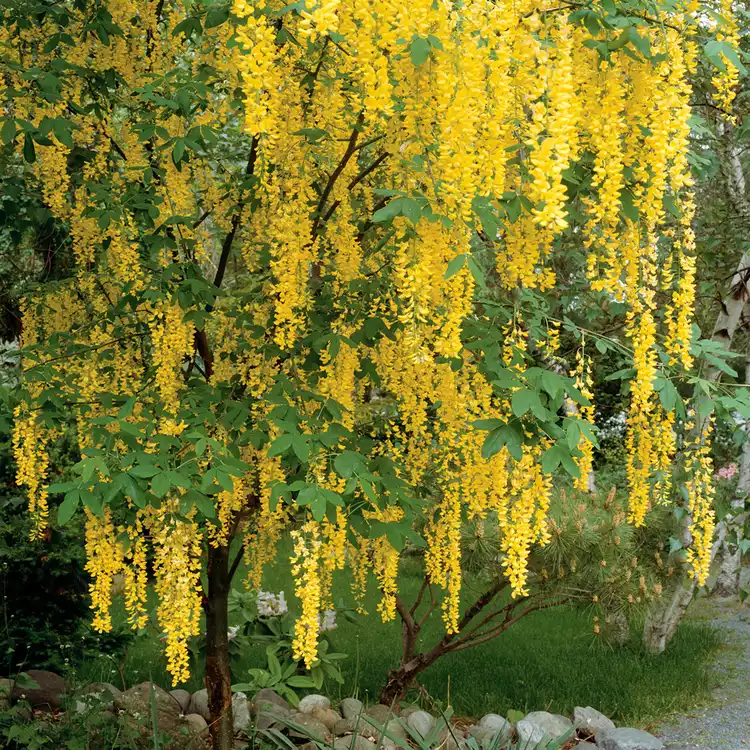
19 Small Trees for Front Yards That Explode with Color
Small trees can still pack a big punch in your landscape. Whether you've got a modest-size yard or are just filling in larger spaces, these varieties will fit in perfectly.
The Art of Pruning Magnolias for Optimal Growth
The Art of Pruning Magnolias for Optimal Growth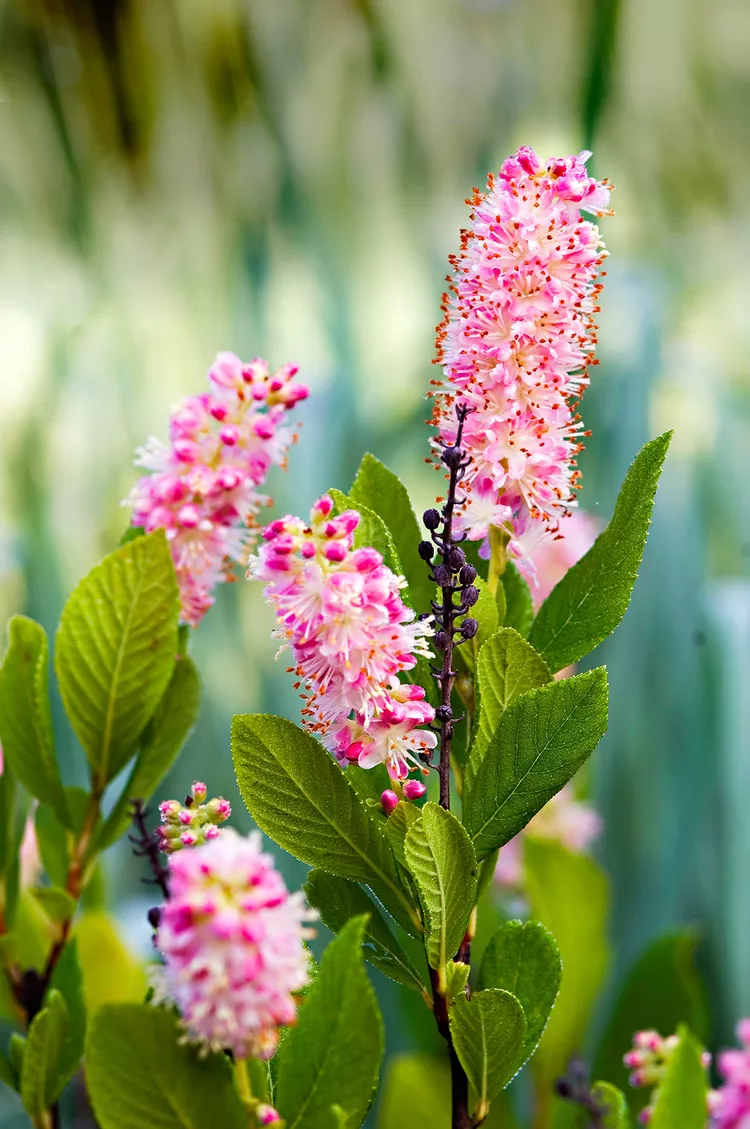
13 Summer-Flowering Shrubs That Are Super Easy to Grow
Plant these low-maintenance shrubs that bloom in summer to enjoy colorful flowers during the hottest months of the year.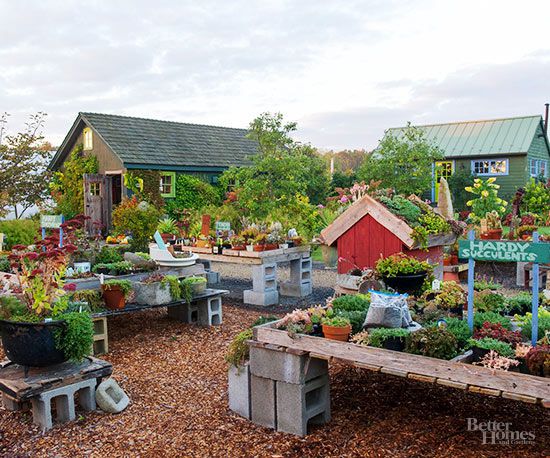
How to Xeriscape for a Water-Wise Yard
Create a beautiful landscape and conserve water with xeriscaping, a landscaping method that reduces irrigation needs and maximizes the use of natural precipitation.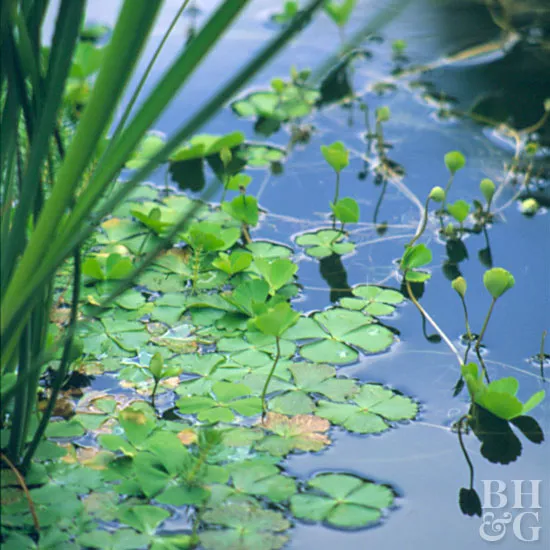
How to Plant and Grow Water Clover
Water clover may look like a dense mat of lucky four-leaf clovers, but it’s actually a fast-growing aquatic fern.
The Enchanting Allure of Blue - eyed Grass in Your Garden
The Enchanting Allure of Blue - eyed Grass in Your Garden
Reviving Your Ficus: Unraveling the Mystery of Sticky Leaves
Reviving Your Ficus: Unraveling the Mystery of Sticky Leaves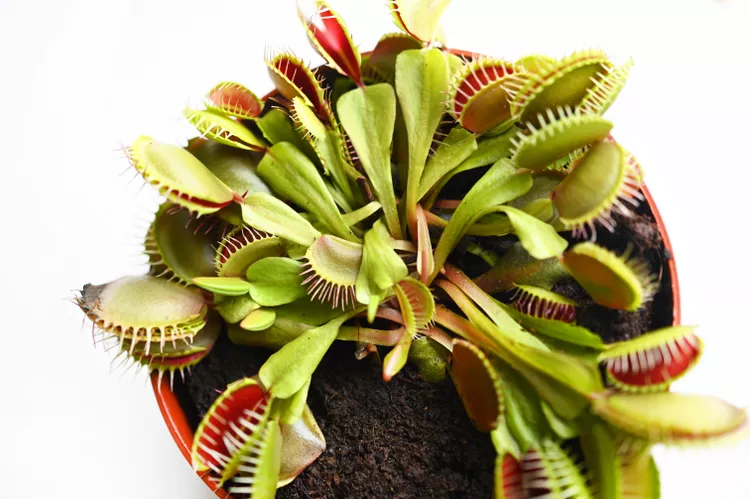
How to Grow a Venus Flytrap as a Houseplant
To grow a Venus flytrap, you need to give this carnivorous plant special care. Use these tips to keep your Venus flytrap thriving indoors as a houseplant.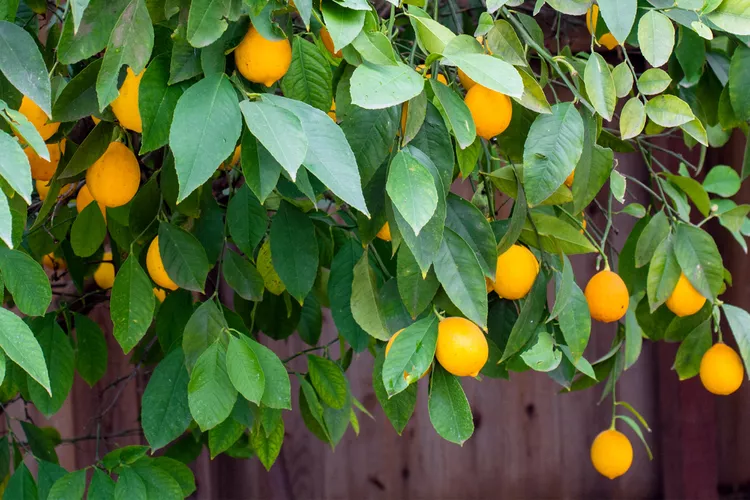
How to Plant and Grow a Meyer Lemon Tree
A Meyer lemon tree that produces sweet fruit is a beautiful addition to your garden or home.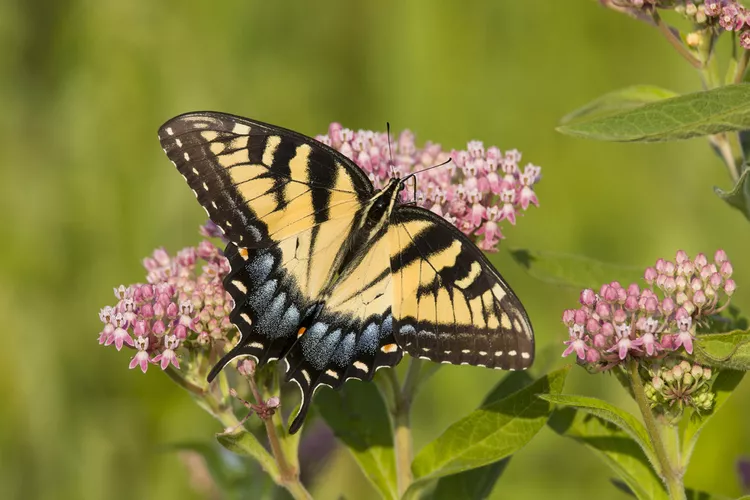
22 Beautiful Garden Plans for Attracting Birds and Butterflies
Create a butterfly- and bird-friendly landscape with these garden plans. Each design includes a mix of plants that can provide nectar, seeds, and shelter to wildlife. Add a water source to further enhance the habitat.
Unveiling the Wonders of Shade Garden Plans
Unveiling the Wonders of Shade Garden Plans
Unleash Your Garden's Potential with Our Free Guides
Unleash Your Garden's Potential with Our Free Guides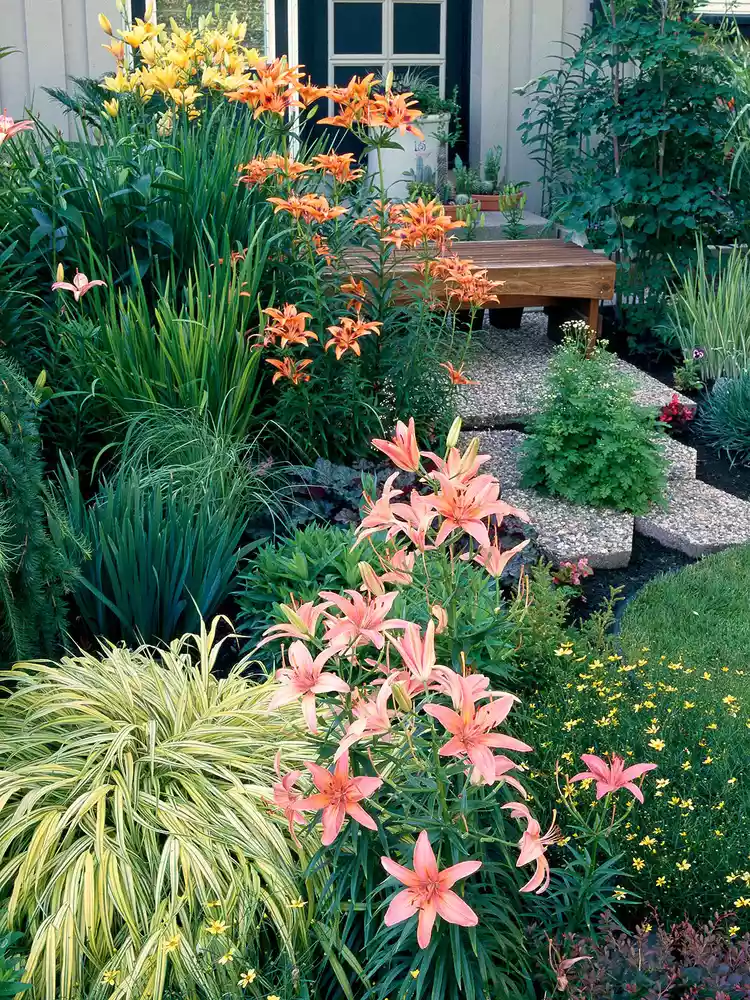
Use a Color Wheel to Plan Your Garden
Create a flower color wheel for your garden as you explore your plant color palette. It's the perfect meeting of gardening and decor! We'll help you discover how to use complementary, analogous, cool, warm colors, and more!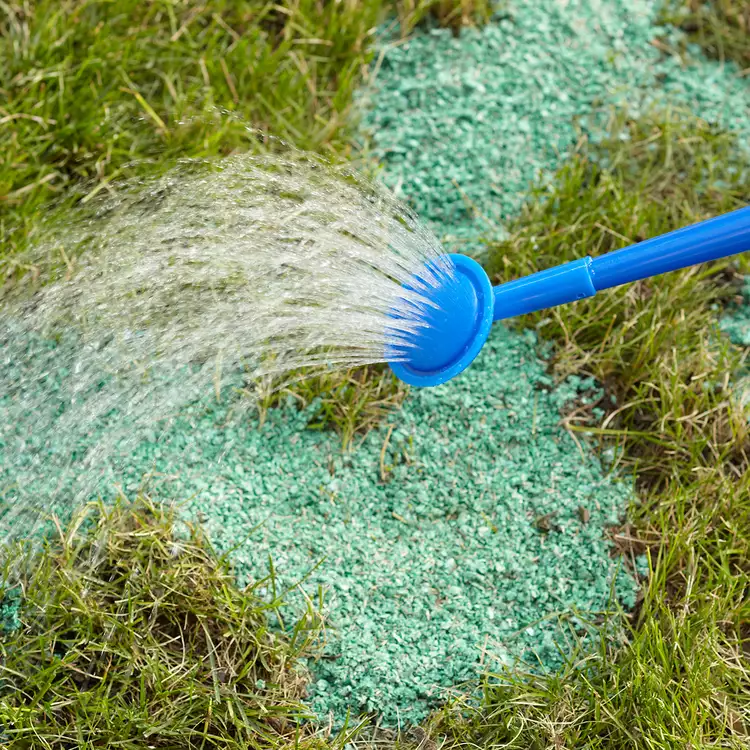
Your Seasonal Lawn-Care Schedule for the Northeast
Take the guesswork out of yard work. This lawn-care calendar lets you know when to mow, aerate, fertilize, and seed your yard in the Northeast.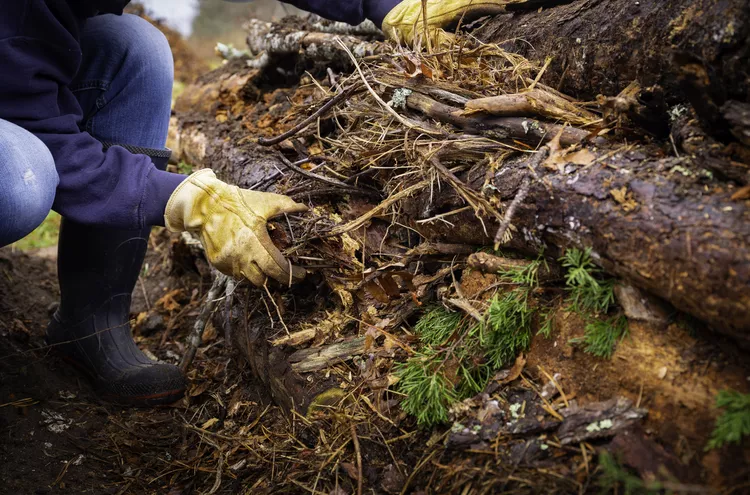
What to Know About Hugekultur Gardens and How to Create Your Own
Find out what hugelkultur is and the benefits this low-maintenance gardening technique provides with step-by-step instructions to create your own.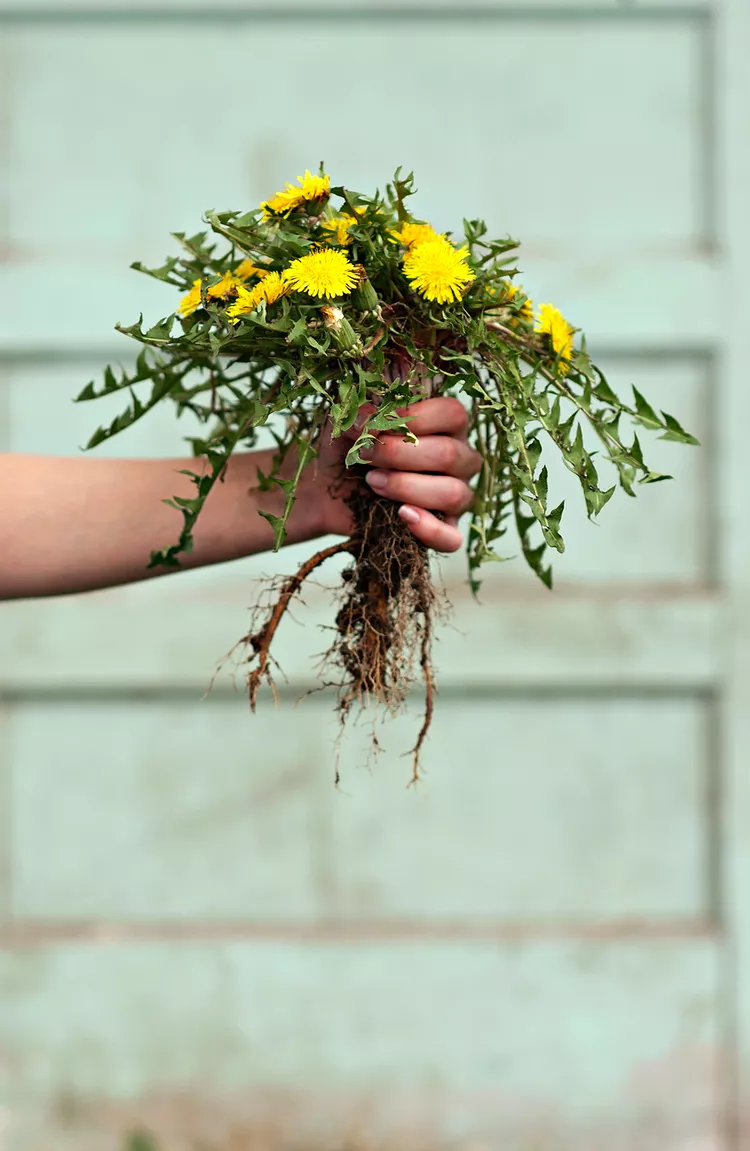
How to Kill Weeds Naturally Using Organic Products
Here's how to kill weeds naturally and organically in flower beds without any chemicals or products that will harm your plants.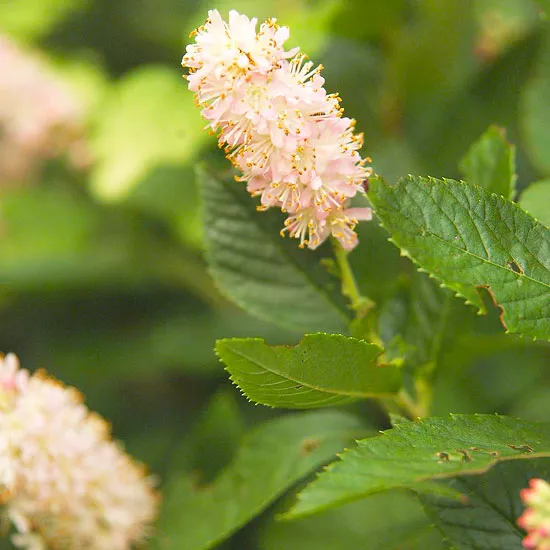
Super Plants for Kentucky Landscapes
Beautiful landscapes start with outstanding plants, and these award-winners are perfectly suited to Kentucky gardens.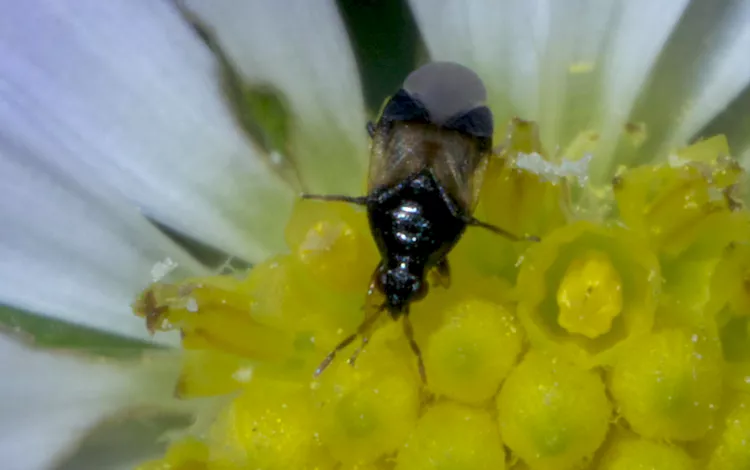
How to Avoid Minute Pirate Bugs: They're Tiny but Pack a Big Bite
Tiny minute pirate bugs are barely visible but their bites are painful. Here's how to prevent them from biting but allow them to help your garden.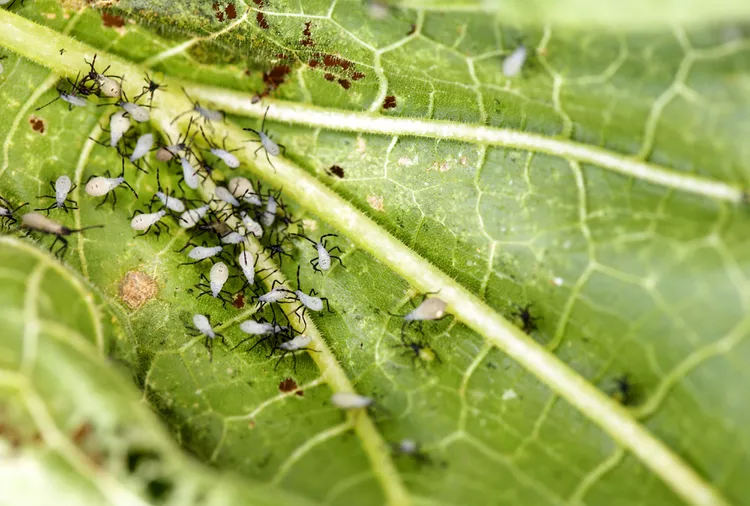
8 Tips for Getting Rid of Squash Bugs Naturally Before They Devour Your Plants
Find out how to get rid of squash bugs with these natural pest control tips, plus learn how to identify these insects and their damage.
Nature's Defense: Keeping Fleas and Ticks at Bay with Garden Plants
Nature's Defense: Keeping Fleas and Ticks at Bay with Garden Plants